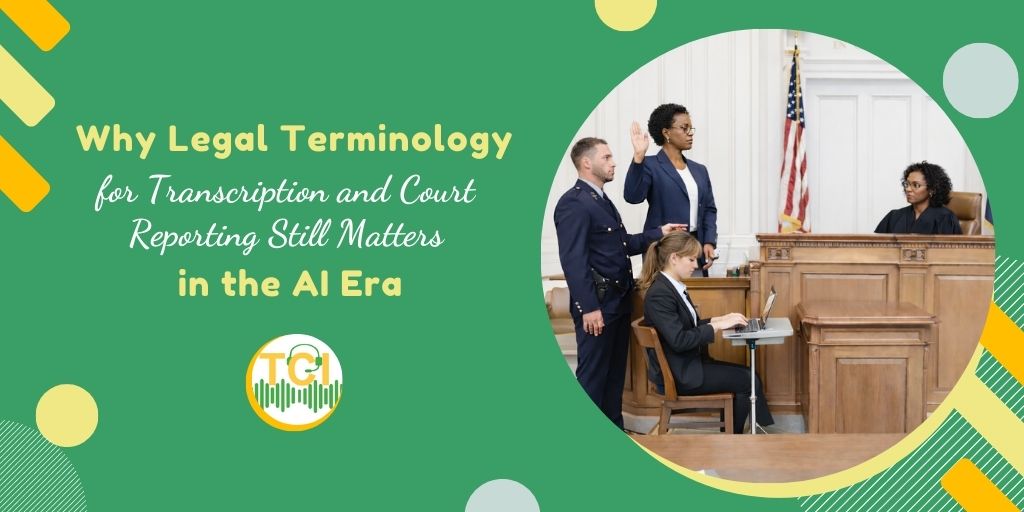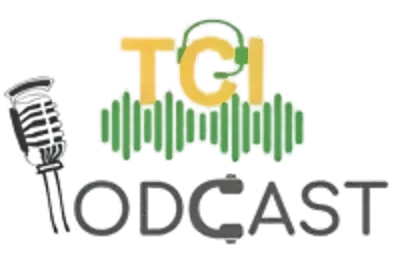 Blog Summary: Court Reporter Careers: Opportunities, Skills, and Salary Insights
Blog Summary: Court Reporter Careers: Opportunities, Skills, and Salary Insights
Court reporters play a crucial role in capturing accurate records across courtrooms, corporate meetings, media, and digital proceedings. This blog explores why the profession is in demand, the skills needed to succeed, the variety of career paths available, and how training can open doors to long-term growth in this rewarding field.
If you’ve ever watched a courtroom drama, you’ve likely noticed someone seated near the judge, typing quickly on a specialized keyboard. That person is a court reporter, responsible for creating the official record of everything said. What many don’t realize is that court reporting extends far beyond courtrooms. Professionals are also in demand for corporate meetings, broadcast captioning, government agencies, and the fast-growing digital space. If you’re curious about this career, what it involves, how to get started, and the opportunities available, this blog will walk you through everything you need to know.
Why Court Reporter Jobs Are in Demand
Court reporters are in demand because the legal system and many other industries rely on accurate documentation. According to the Bureau of Labor Statistics (BLS), overall employment of court reporters and simultaneous captioners is projected to remain steady between 2022 and 2032, with about 2,100 job openings each year, mainly due to retirements and workforce turnover.
What’s fueling this demand?
- Retirements: Many experienced reporters are reaching retirement age, creating space for new professionals.
- Digital transformation: The rise of digital court reporter jobs has expanded opportunities for those comfortable with technology.
- Accessibility needs: Real-time captioning for people with hearing impairments is now required in many public and private settings under accessibility laws.
How to Become a Court Reporter
One of the most common questions people ask is: “How do you become a court reporter?” The path typically involves these steps:
- Education: Most states require a certificate or an associate degree in court reporting. Programs usually last 2–4 years.
- Training in stenography or digital tools: Traditional reporters learn stenography, while modern programs also teach digital audio recording and voice writing.
- Certification: Many employers prefer candidates with credentials such as the Certified Electronic Reporter (CER) from AAERT. Passing certification exams proves you have the skills to handle high-pressure environments.
- State licensing: Requirements vary by state, so it’s important to check your state’s licensing board.
- Internships and entry-level work: Most careers start with smaller court assignments, transcription projects, or digital court reporter jobs before moving into full-time roles.
Different Types of Court Reporter Jobs
Not all court reporting careers look the same. Here are the main paths:
- Traditional Court Reporter Jobs: Work in courtrooms, depositions, or government hearings using stenography machines or digital tools to capture live testimony.
- Digital Court Reporter Jobs: A growing field where reporters rely on digital recording equipment and specialized software. This option is especially useful in remote proceedings or high-volume jurisdictions.
- Certified Court Reporter Jobs: With certifications, you can qualify for higher-paying roles, government contracts, or niche assignments requiring specialized knowledge. Employers often prefer certified candidates.
- Freelance or Captioning Roles: Some reporters provide live captioning for TV broadcasts, corporate meetings, or classrooms. Others freelance for law firms or media companies, offering flexibility and control over workload.
Also Read: Legal Transcription and Court Reporting: What’s the Difference?
Skills You Need to Succeed in Court Reporting
Court reporting isn’t just about typing fast. The best reporters bring a mix of technical and personal skills, including:
- Speed and accuracy: Capturing 200+ words per minute is the professional standard in stenography.
- Focus under pressure: Courtrooms and hearings can be intense, and missing a word isn’t an option.
- Technical know-how: Comfort with recording devices, transcription software, and secure file sharing.
- Strong command of English: Legal terminology is often required as well.
- Confidentiality and professionalism: Reporters regularly deal with sensitive information.
Career Growth and Salary Potential
A common question is: “Do court reporters make good money?”
The answer is yes. The median annual wage for court reporters and simultaneous captioners was $63,100 in 2023, with the top 10% earning over $109,560. Salaries vary by location, experience, and specialization.
- Entry-level digital court reporters: Typically start around $40,000–$50,000 per year.
- Certified court reporters: Often earn more, especially in government or federal courts.
- Freelancers: Can set their own rates, with some earning six figures depending on workload.
Jobs and Opportunities for Court Reporters
If you’re exploring career options, here are common employers and industries for court reporters:
- State and federal courts (trials, depositions, appeals).
- Law firms (private depositions, client interviews).
- Broadcasting companies (real-time captioning for TV or online media).
- Corporations (meeting transcriptions and compliance documentation).
- Government agencies (hearings, public meetings, legislative sessions).
Why Choose TCI for Court Reporting Training?
Getting started in court reporting is easier when you have the right support and that’s where TCI comes in.
- We offer advanced prep courses designed to help you clear the AAERT (CER) Exam with confidence.
- With flexible online learning, you can train while managing work or family commitments.
Final Thoughts
Court reporting is more than just typing, it’s about accuracy, integrity, and preserving the record. With steady demand, the rise of digital opportunities, and strong salary potential, there’s never been a better time to explore this career.
If you’ve been wondering how to become a court reporter, the journey begins with the right training and dedication. At TCI, we’re here to guide you every step of the way.
Enroll Now
 Blog Summary: Court Reporter Careers: Opportunities, Skills, and Salary Insights
Blog Summary: Court Reporter Careers: Opportunities, Skills, and Salary Insights
















Be the first to post a comment